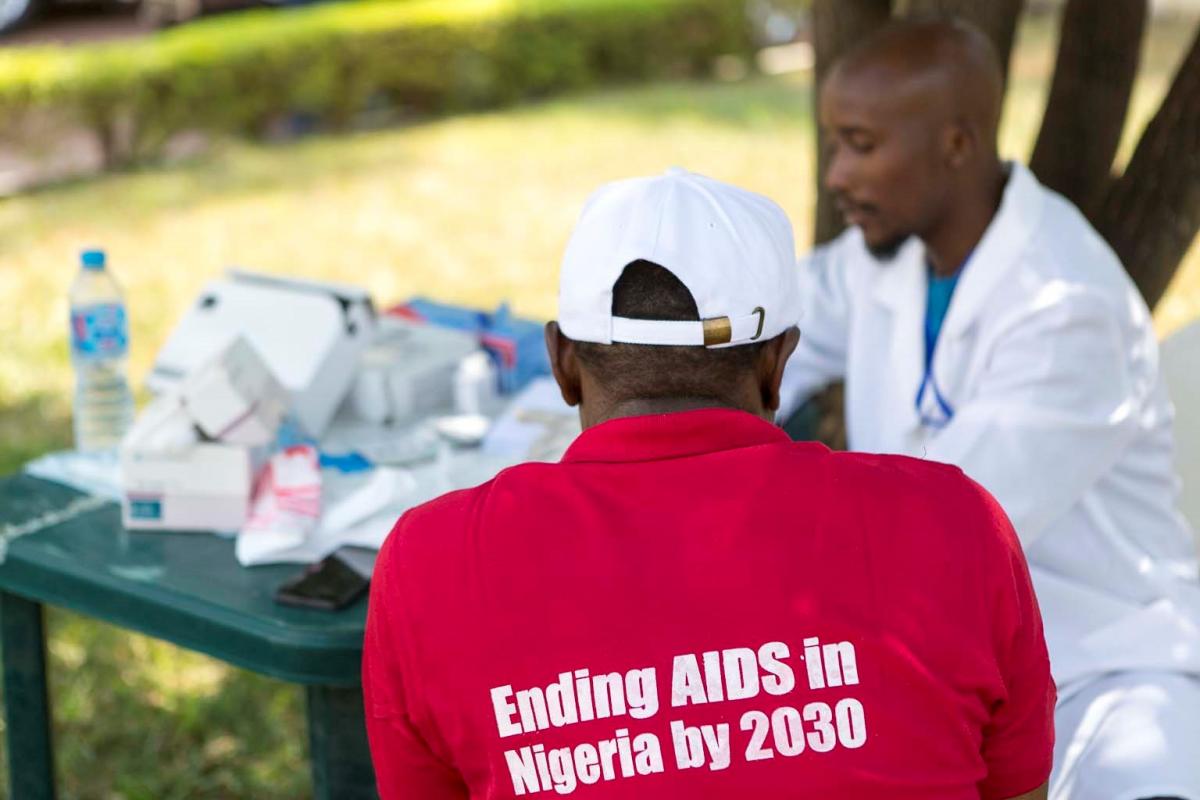Nigeria, Africa’s largest democracy, about 2 million people live with HIV and AIDS. The epidemic disproportionately affects young women and marginalized groups.
Archibong Bassey, a researcher at the University of Warwick, United Kingdom has underscored the role of family planning in reducing HIV prevalence in the country.
Presenting his paper titled “Utilization of Family Planning Among People Living with HIV (PLHIV) in Nigeria: A Systematic Review” at the 2024 Family Planning Conference, Bassey emphasized that eliminating barriers to family planning access could significantly curb the spread of HIV.
“There needs to be more integration of family planning and HIV services, and also more male partner involvement in family planning,” he said.
Bassey identified several barriers to family planning services for people living with HIV, including fear of side effects, limited knowledge of contraceptive options, and the desire for more children. He also cited partner opposition and logistical challenges, such as accessing separate clinics for family planning and HIV care.
“Family planning in one clinic, then you have to travel again to another clinic to access HIV services,” he explained, highlighting the structural gaps.
Bassey added that evidence points to higher contraceptive uptake in facilities that integrate HIV and family planning services. Research, he noted, shows increased use of family planning methods after HIV diagnostics in such settings.
Removing these barriers, he argued, offers dual benefits. “Some family planning commodities like condoms do a double function of reducing your risk of transmission of STIs like HIV and also reducing the risk of unintended pregnancies. So it’s like a win-win situation,” he said. “If we put more effort into those kinds of family planning aspects, we can reduce HIV prevalence in the country.”
Nigeria, Africa's largest democracy, has around 2 million people living with HIV and AIDS, with young women and marginalized groups being disproportionately affected. Archibong Bassey, a researcher at the University of Warwick, emphasized the importance of family planning in reducing HIV prevalence at the 2024 Family Planning Conference. He suggested that by eliminating barriers to family planning access, the spread of HIV can be significantly reduced.
Bassey identified several obstacles to accessing family planning services among people living with HIV, such as fear of side effects, limited contraceptive knowledge, and the desire for more children. He also mentioned partner opposition and logistical issues, like the need to visit separate clinics for family planning and HIV care. Bassey argued for greater integration of these services and male partner involvement in family planning.
Research shows higher contraceptive uptake in facilities that integrate HIV and family planning services. This integration can offer dual benefits, as some family planning methods like condoms help reduce STI transmission and unintended pregnancies. Bassey highlighted this "win-win situation" as crucial to curbing HIV prevalence in Nigeria, suggesting that increased focus on these aspects of family planning could have significant impacts.






